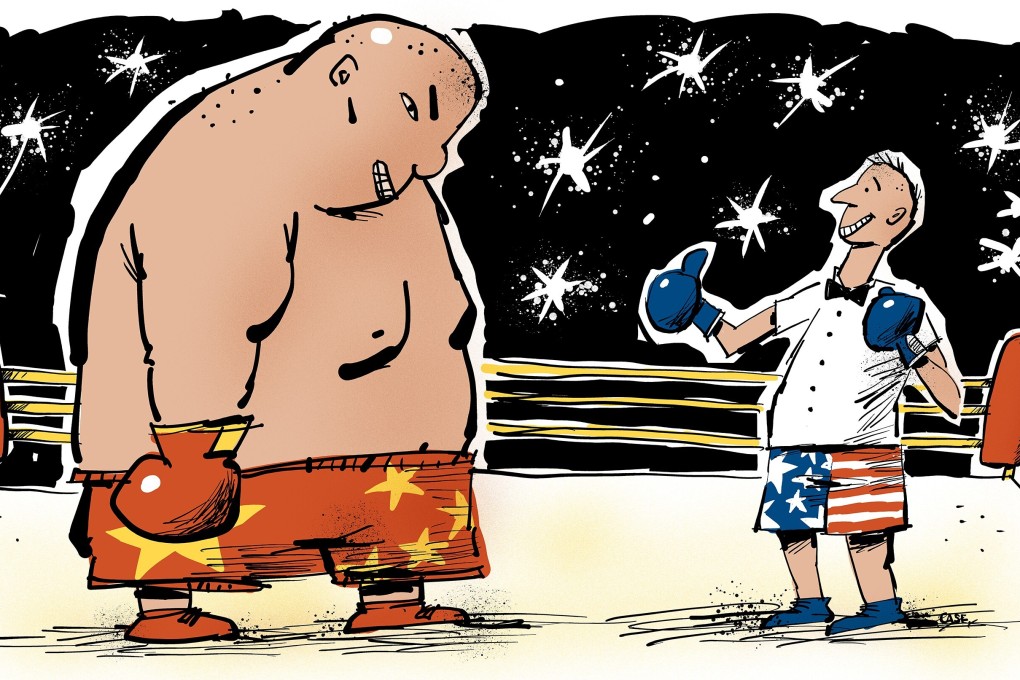Opinion | How the US can secure its global leadership role despite falling behind China
- The only way forward is for the United States to continue to invest in the military as it does today, explicitly guarantee China’s security, re-engage commercially with Beijing and enforce a level playing field for all countries

It is a year China will not forget. For all the talk of global rules and level playing fields, it became clear the United States does as it pleases while Europe sits on the sidelines. For me, as a Euro-Asian sitting in the audience watching the great power game, the West made all the wrong moves.
To explain why I say that, we need to take a step back and understand the backdrop to the great power game that is unfolding. When it comes to geopolitics, GDP is everything. At a very basic level, it defines what resources a nation has at its disposal that it can devote to defence spending or avoid being blockaded by commercial or military means.
The International Monetary Fund puts China’s purchasing power parity GDP at US$24.2 trillion and the US’ at US$20.8 trillion in 2020. That in itself should have been a warning sign. It is like a heavyweight boxer weighing in at 95kg taking on a boxer of 110kg. Of course, weight is not everything, even in boxing, but it should inform one’s tactics.
This power game is not just a single round in 2020. It will continue round after round, for the next 50 years and beyond. Let’s see how the two protagonists will weigh in during the decades to come. PwC has forecast China’s GDP in 2050 will be US$59 trillion and the US’ US$34 trillion.
That’s a 73 per cent advantage to China. Be very clear that, one day, per capita GDP of the West and Asia will be similar. That day may be a long way away, but it will come.
